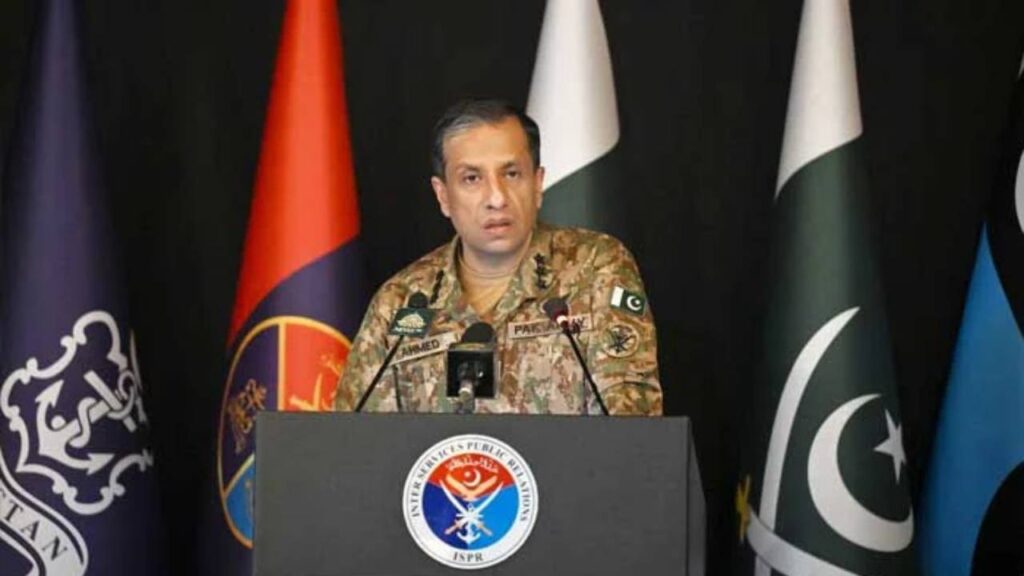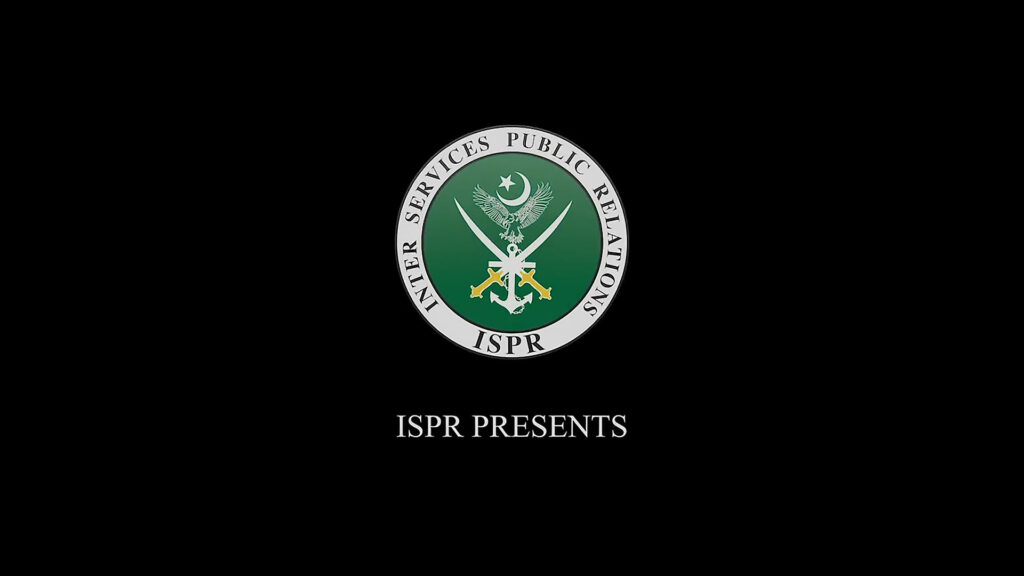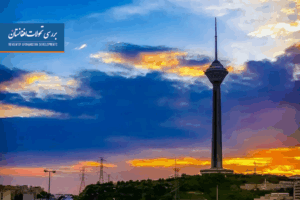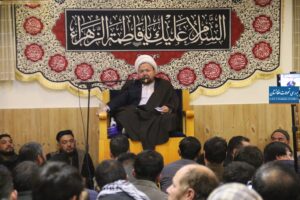Review of Afghanistan developments
Concurrently with the discussions involving Pakistani representatives and the Taliban government during the Istanbul talks, Islamabad put a particular strategy in action through a psychological operation. An analysis of numerous messages, news articles, and commentary from Pakistani officials, journalists, and media outlets on social networks and within the national media indicates that the country aimed to achieve its objectives on multiple levels through this psychological operation.
This note outlines the Pakistani psychological operation that took place during the Istanbul talks, illustrating how this operation was strategically crafted and executed in a synchronized fashion to undermine, humiliate, delegitimize, and threaten the Taliban government.
The first dimension of psychological operations: literary warfare
One of the potent instruments utilized in Pakistan’s psychological operations was the oversight and guidance of domestic media content. Following the onset of military conflict between the two nations, a noticeable shift in the literature of nearly all prominent Pakistani media outlets became evident, particularly during the Istanbul talks, which exhibited enhanced coordination across multiple dimensions. During this timeframe, Pakistani media outlets abruptly altered their tone in news coverage, reports, and analyses, employing similar terminology against the Taliban government. For instance, the phrase “Taliban regime” was consistently used across all media platforms. This synchronization is not coincidental; rather, it signifies the influence of the media policy orchestrated by the formidable military of the nation. Within the framework of the Pakistani army exists a division known as the Inter-Services Public Relations Directorate, commonly referred to as ISPR. The official mandate of this organization is to oversee the media relations of the armed forces, disseminate official statements, and promote military activities. However, the unofficial yet impactful role of ISPR is to influence the media policy of the country during times of crisis. This organization frequently contributes to establishing news boundaries, shaping security and national narratives, and even applying informal pressure on journalists and media executives.
The concurrent shift in narrative within Pakistani media literature, as well as the messages conveyed by Pakistani journalists on social media, suggests that the ISPR has relayed particular media directives regarding the Taliban government and the Istanbul talks. A thorough analysis of the content produced by Pakistani media and journalists reveals that this aspect of psychological operations encompasses multiple dimensions and distinct objectives, with several of the most significant ones being highlighted.
Challenging the legitimacy of the Taliban government
The legitimacy of the Taliban government has been consistently challenged in the media of Pakistan and in remarks made by Pakistani officials. This narrative serves as a type of psychological warfare, characterized as ‘power projection at the conceptual level.’ Pakistan aims to persuade its domestic, regional, and international audiences that it is confronting a regime devoid of legal legitimacy, thus rendering a severe, potentially military, reaction to it justifiable.

Preparing public sentiment for military intervention following Istanbul talks
When the citizens of Pakistan repeatedly encounter terms such as “regime,” “sheltering terrorism,” and “threat,” military intervention appears to be a logical and justifiable course of action. This is precisely what the leaders of Pakistan desire: to legitimize the threat and violence directed towards Afghanistan and the Taliban government. Considering that a segment of the populace, along with various political and religious factions, has voiced their dissent against war in recent weeks, this initiative by Pakistan gains even more importance and relevance. In light of the ongoing stalemates in the Istanbul talks and the entrenched issues between Pakistan and Afghanistan, the Pakistani military is gearing up public sentiment for an extended phase of tension with Afghanistan.
Humiliating the other party at the negotiating table
The discourse propagated through the media was similarly evident at the negotiating table in Istanbul. Reports from the Istanbul talks indicate that the Pakistani delegation employed derogatory and vulgar language in front of the mediators. This conduct serves a singular purpose: to undermine the political self-assurance of the Taliban government and to symbolically degrade it before the international community.
The second aspect of psychological operations: Direct threats and the militarization of diplomatic language
The second aspect of this psychological operation involved the explicit use of threatening rhetoric and a demonstration of coercive authority, particularly by officials at the ministerial level, notably Pakistan’s Defense Minister Khawaja Muhammad Asif, who ought to embody balance and rationality within the security domain. Concurrently with the Istanbul talks, the Pakistani Defense Minister employed overtly aggressive and derogatory language in his official communication on the X channel, stating: “Pakistan unequivocally asserts that it does not need to exert all its strength to dismantle the Taliban regime or compel them to seek refuge in caves. Nevertheless, should the Taliban be amenable, it would undoubtedly captivate the international community to witness scenes reminiscent of their previous defeat at Tora Bora, where they retreated in humiliation.”
From the standpoint of geopolitical discourse analysis, these statements communicate multiple messages: firstly, the danger of the total annihilation of the Taliban regime; secondly, the historical degradation and the resurgence of the memory of defeat; thirdly, the suggestion of military dominance, which serves as the primary message; and fourthly, the exertion of pressure on the mediators.
In spite of internal dissent from certain Pakistani experts and even adversaries of the Taliban regime, including Amrullah Saleh, the militarization of diplomatic language persists. While this form of communication is challenging for the Taliban government to accept, it has nonetheless contributed to the depiction of a severe image of Pakistani diplomacy and has significantly aided in fortifying the Taliban government.
Related Articles
Afghanistan-Pakistan Ceasefire Agreement: Outcomes and Implications
Taliban military operations against Pakistan in 2025
Conclusion
The behavior of the Pakistani government during the Istanbul talks can be represented by an equation suggesting that Pakistan has initiated a psychological operation against the Taliban administration. This psychological operation was crafted and disseminated by the Inter-Services Public Relations (ISPR) of the Pakistani military, with three primary capacities being activated concurrently in this context; firstly, officials consistently target the Taliban administration via social media, injecting a biased narrative into the public domain. Secondly, the Pakistani media, serving as a crucial component of this psychological operation, is endeavoring to align the perceptions of the Pakistani populace with the objectives of the government and the military, particularly concerning the Istanbul talks. Thirdly, Pakistani journalists are striving to shape the perceptions of both Pakistani society and the international community regarding the advancements of the talks in alignment with their narrative, utilizing the one-sided information they receive from the ISPR.
Can this security-media policy foster peace while the delegations from both countries engage in negotiations in Istanbul? Or conversely, does it lead the region towards uncontrollable tensions? When threats take the place of diplomacy, it will inevitably lead to increased violence.

















